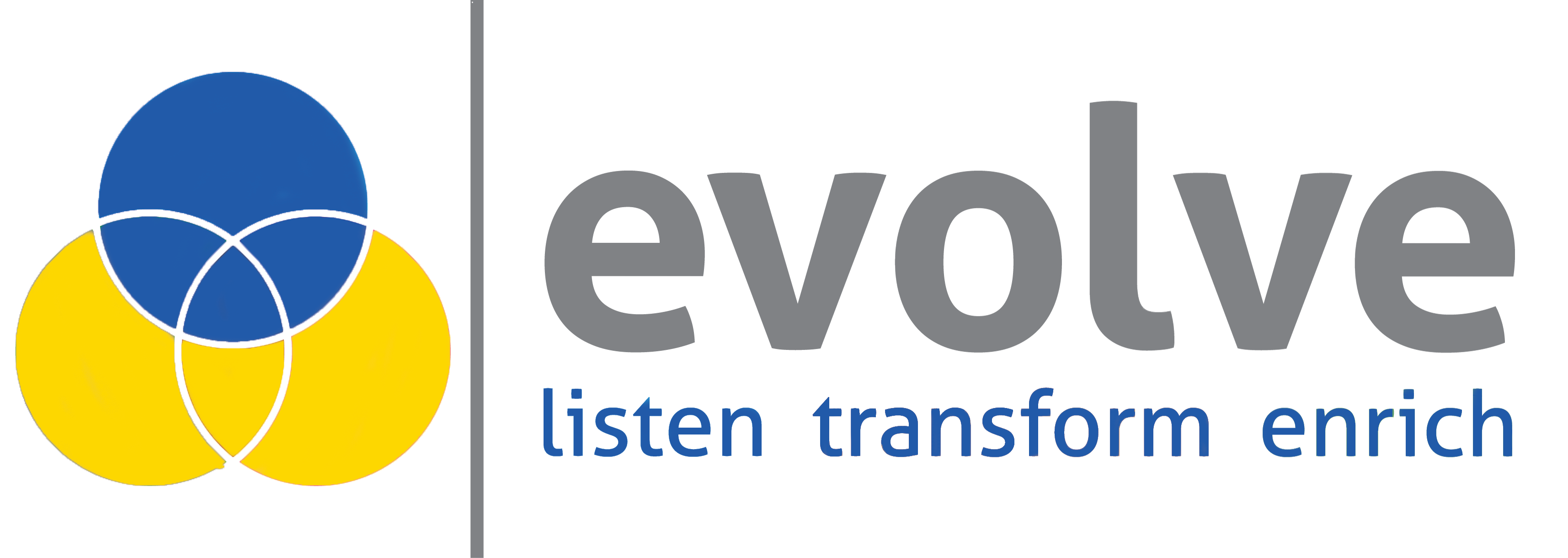Are you considering adding an extended development team to your local software developers?
If you take the time to build a collaborative, well-resourced remote operation, the extended team model offers significant payoffs for your business. As well as significant time and cost savings, you’ll be able to tap into a global network of world-class development talent with the potential to take your product development to the next level.
What Is an Extended Development Team?
An extended development team is a remote team of developers that works alongside your local or in-house team. Typically, they are based away from Western Europe and North America, where the cost of hiring skilled developers isn’t as high.
The defining feature of an extended development team is that you hire its members directly, on a long-term/permanent basis rather than as freelancers as and when your project requires. In other words, you’re offshoring rather than outsourcing.
A well-run extended development team offers plenty of advantages. These include:
- Cost savings: it is cheaper to hire developers in developing countries than in Western Europe or North America.
- Time savings: because of a significant IT skills gap, competition for local talent in Western nations is fierce, so the hiring process can be lengthy. Offshoring lets you raise a talented team in a relatively short amount of time.
- Ownership: you retain control over your projects, and your software developers become more invested in the success of your projects as a result of being directly employed by you.
- Access to top talent: you can tap into a global talent market that can offer skills you might not find locally.
To realise these advantages, however, and to overcome a distance barrier that can cause delays and miscommunication during the development process, you’ll need to think carefully about how you build your remote team.

Tips For Building an Effective Extended Software Development Team
Use the tips below to create an extended development team that works effectively with your locally-based developers.
Engage an Expert Extended Team Development Partner
Hiring an extended team can be a significant administrative burden. As well as finding candidates remotely, you’ll need to assess their skills, interview them, check any qualifications and potentially deal with an amount of tax obligations as well.
You can reduce this workload significantly by using an extended team development partner to source and screen potential candidates.
Software development outsourcing companies often run extended team creation services in parallel. They use already-established networks to provide you with a selection of candidates with proven skills, qualifications and experience, who you can then interview.
Still, whilst an extended team partner can take some of the work off your hands, avoid leaving everything entirely up to the team. Ensure you get the best-fit team for your needs by:
- Providing a detailed list of requirements for candidates. If you’d like candidates with experience in Python for long-term AI projects, for example, explicitly mention this upfront. This will ensure that your partner can find the right extended team members in a shorter space of time.
- Taking an active role in the screening process. Whilst an extended team partner can find you skilled candidates, they won’t be able to tell whether each would be a good fit for your organisation soft skills-wise.
Run Your Extended Development Team in the Same Way as Your Local Team
The extended development team model is flexible and offers benefits across a variety of team structures, development methodologies and working patterns.
The important thing to bear in mind here is that as full-time employees, your extended team will need to fit into whatever way of working your local team uses.
One frequent mistake managers make is seeing remote workers as a generalist team extension without clearly defined roles, even when they have been hired as specialists and when the company does not typically work with a generalist structure.
If you want to work at maximum efficiency, both remote and local teams need to be working with the same processes, structures, methodologies and expectations as each other.
If you operate on a specialist team structure, make sure your remote team does too. If you run on a Scrum development model, ensure your remote team is configured to work on that as well.
Otherwise, you’ll experience slowdowns, communication breakdowns, and perhaps even poorer quality of work as a result.
Keep Communication Channels Open
This point is where many extended development teams break down.
Those working at a central office location fail to communicate effectively with the remote team, often simply as a result of not being used to international working or collaborating across time zones. This leads to productivity slowdowns and an underused remote team that you’re paying to maintain whilst benefiting little from their expertise.
To avoid this trap, remember:
Communication is essential for the success of remote teams.
Before you onboard your extended team, think about how you’re going to navigate any time differences. Find overlap times when both locations are at work to schedule regular whole-team remote standups – or consider asking one team to come in slightly early (breakfast on you, obviously).
You should also take a look at how effective your existing software solutions are at encouraging team working.
Avoid email as a method of communication and collaboration, for example. Instant messenger tools like Slack are quicker, and better at fostering a sense of team spirit. Meanwhile, Agile project management tools like Jira/Confluence or Trello provide greater visibility into team activity and create a sense of cohesion that confusing email trails with multiple CCs can’t.
If you’re not up to scratch in this area, it’s worth investing – you’ll see the benefits in the long run.
Evolve: The Right Extended Development Team Partner for You
To reap the advantages of using an extended development team, you need to find a software partner that is reliable and has access to an extensive talent pool to draw from.
At Evolve, we have over 13 years’ experience creating extended development teams for a range of clients. Our UK-based team of senior consultants can call on a truly global network of talent to help you meet ongoing product development needs, ensuring that your house team can expand with the skills needed for long-term success.
Take a look at our case studies to see how we’ve helped companies similar to yours, or get in touch for more information.


